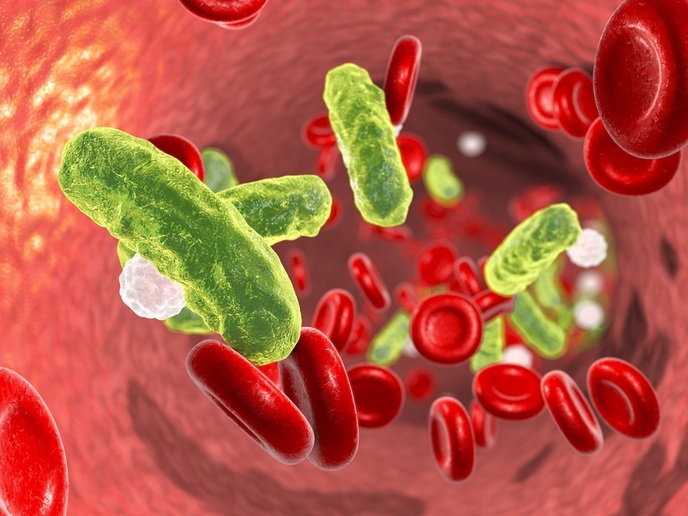New diagnostic kits for animal diseases
For many animal diseases, current diagnostics suffer from low sensitivity and false negative results. Although molecular and immunological techniques are available, they are either expensive or not widely applicable. Thus, there is a need to develop new, more sensitive, cost-effective diagnostics assays for pet animals. With this in mind, the EU-funded project POC4PETS(opens in new window) (Point of care diagnostics for rapid and cheap pathogen detection of companion animals) proposed the development of tests suitable for point-of-care use. These tests will be based on new, breakthrough technologies and will use DNA testing to identify various animal pathogens. During the first part of the study the consortium's activities focused on testing ways to increase pathogen concentration for easier diagnosis. POC4PETS also reviewed available diagnostic tools for animal diseases to identify gaps in the market. A new portable device was developed that overcame conventional technical limitations and generated promising results with respect to Leishmania detection. Researchers also explored the use of fluorophores for DNA detection, which emit different fluorescence colours upon excitation by a certain wavelength. With respect to orthopoxvirus and parapoxvirus, the consortium has identified unique targets and developed assays that allow detection of both viral species. The project also created prototype diagnostic assays or kits for feline calicivirus, feline herpesvirus and bovine papillomavirus. POC4PETS then conducted field trials to validate the developed prototypes, assess their reliability and perform any necessary modifications. Additionally, the consortium recruited veterinarians to field-test their prototypes on real pathological samples. Commercialisation of the POC4PETS technologies will eliminate the need for specialised laboratory equipment and speed up pathogen identification. This will reduce the number of sick animals and improve the quality of life of millions of pets and pet owners.







